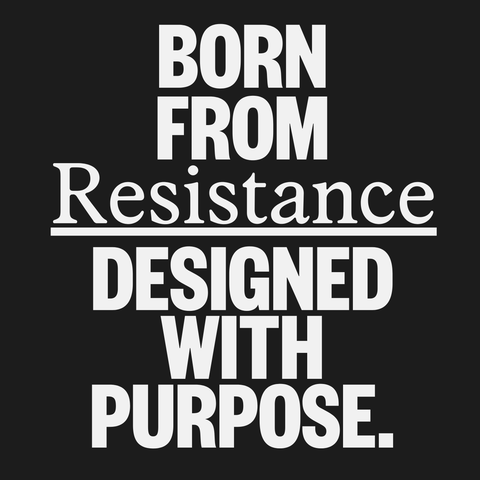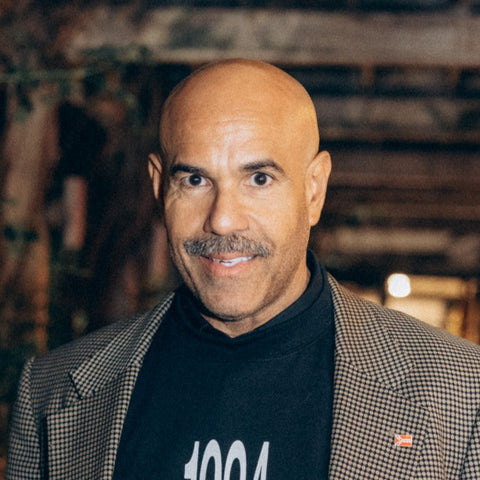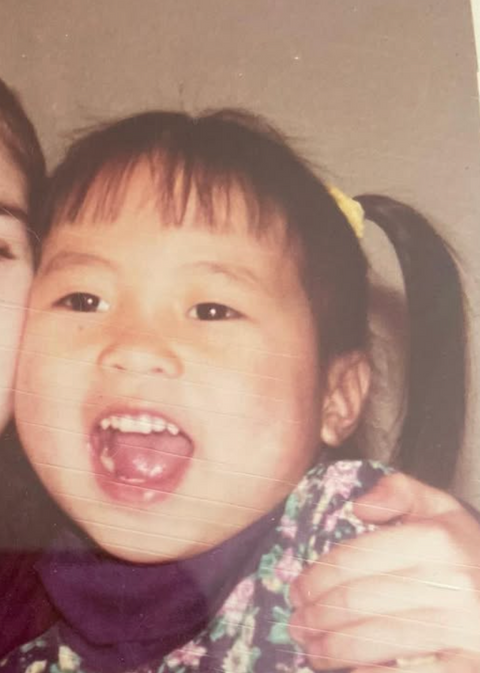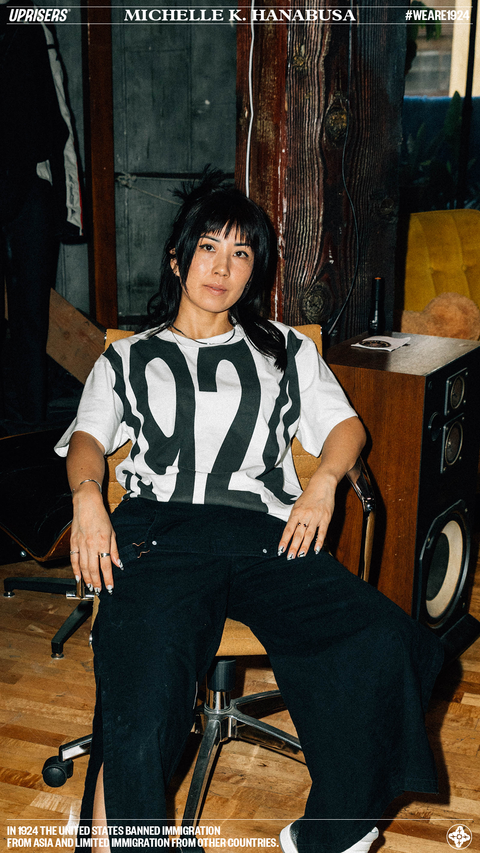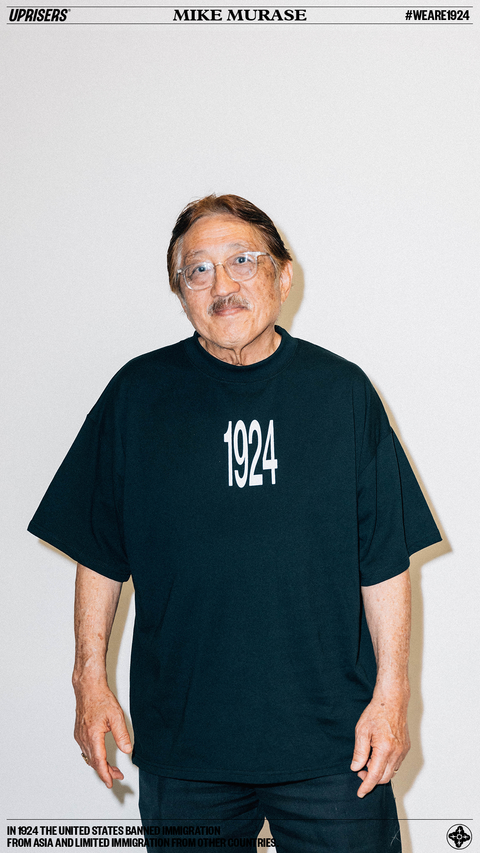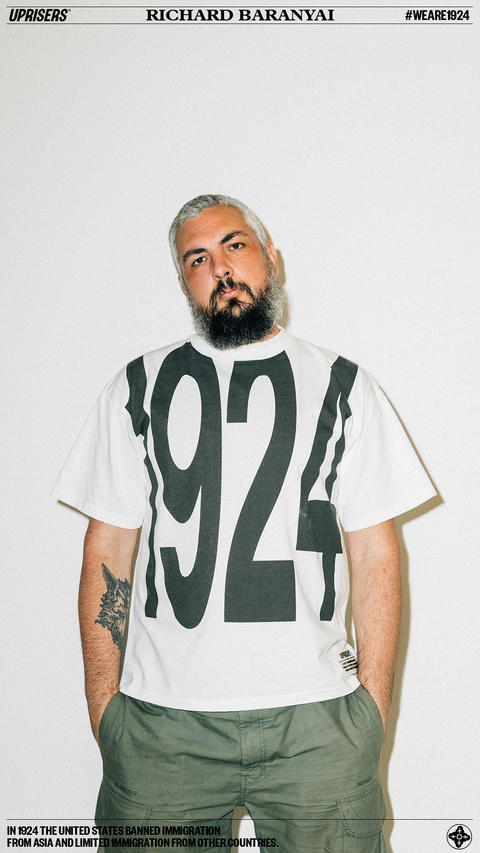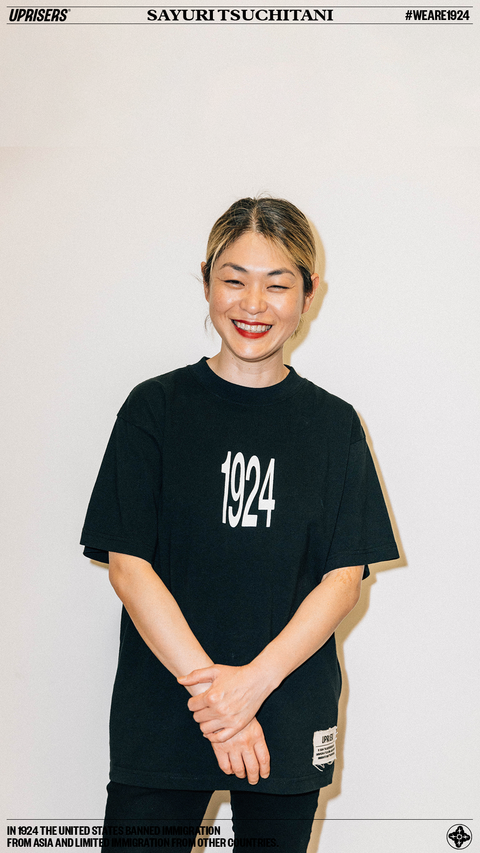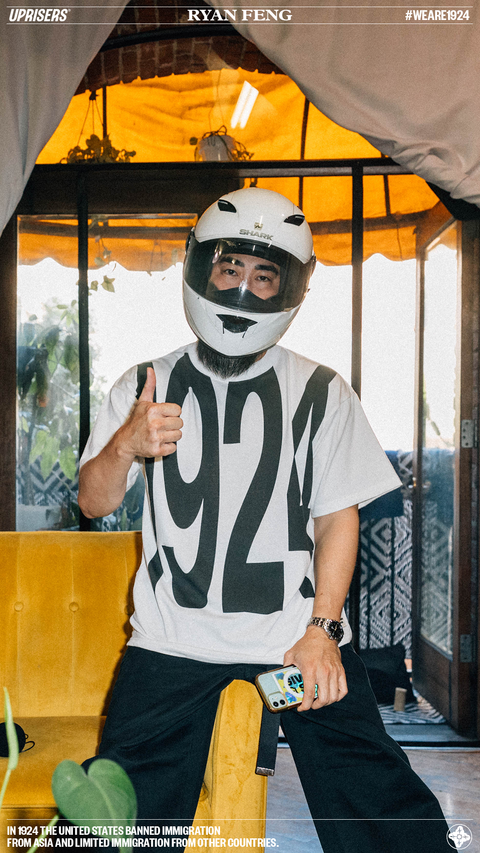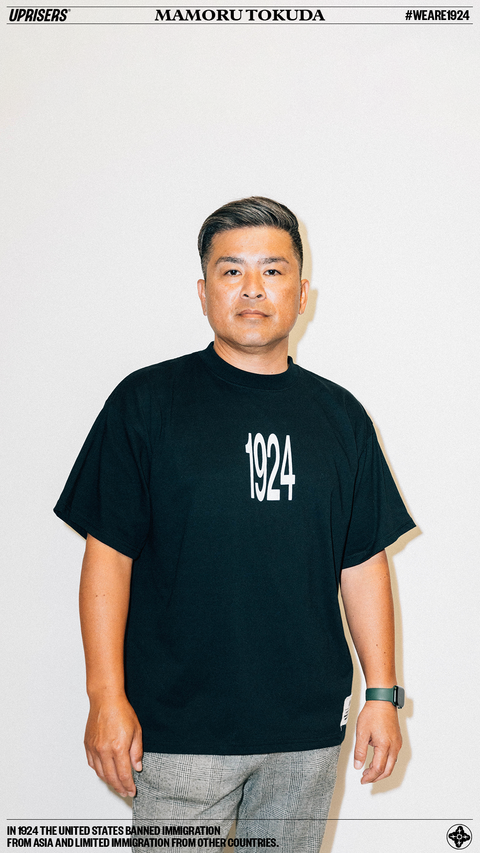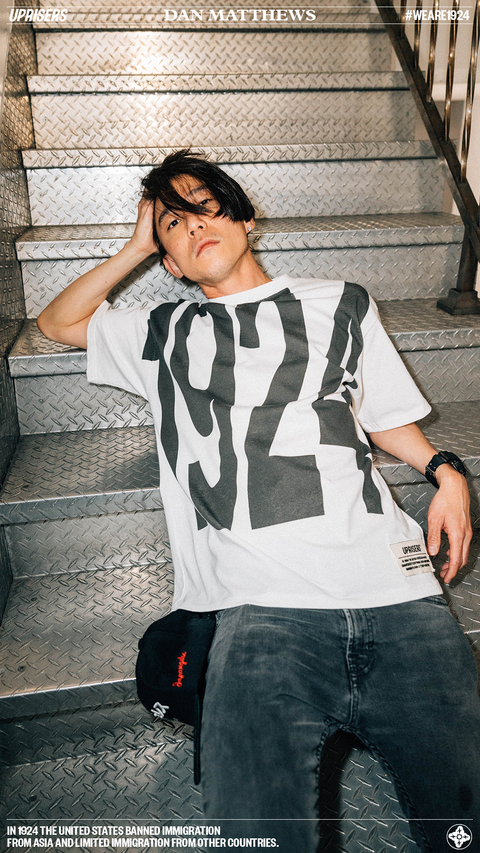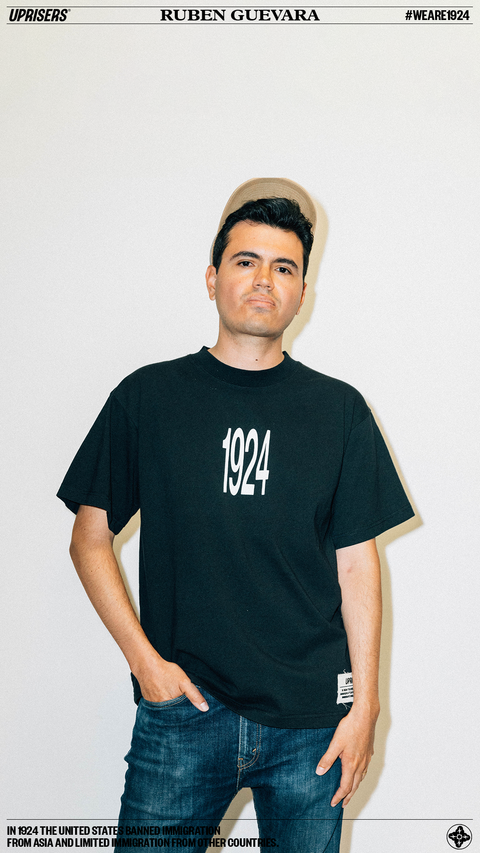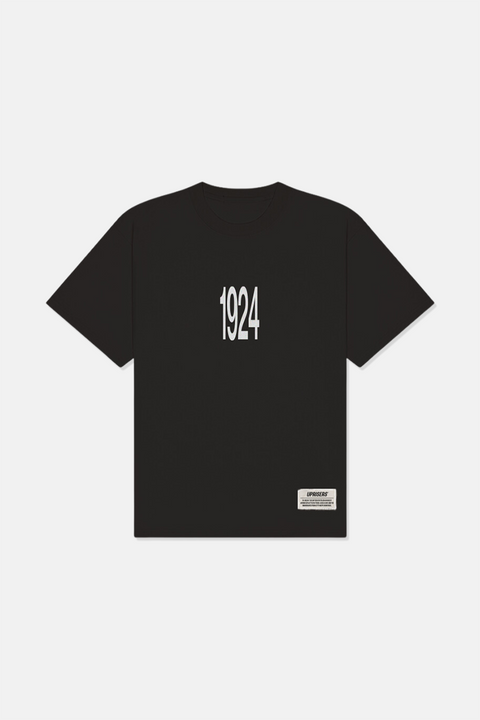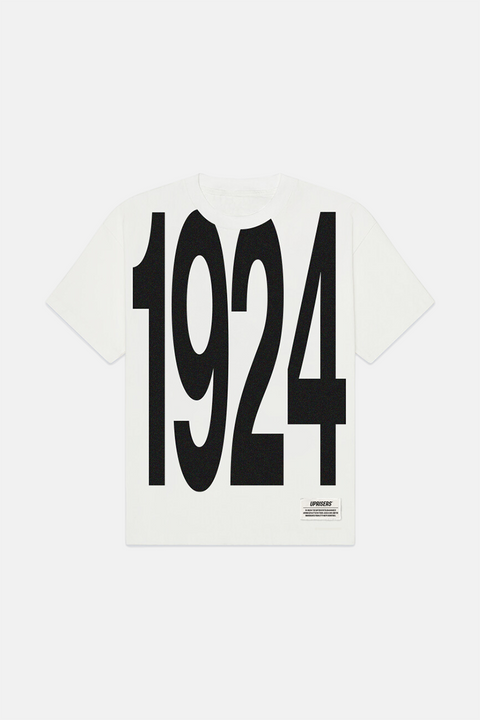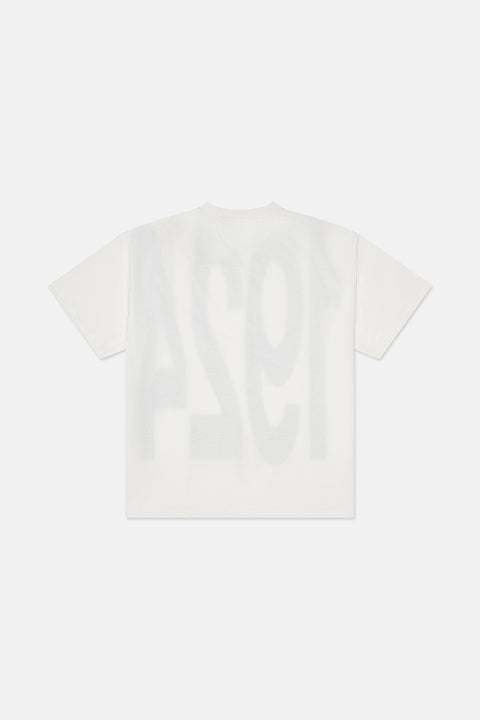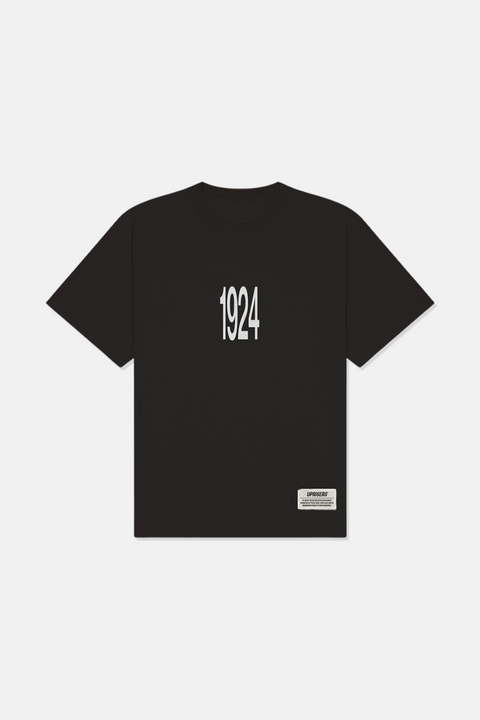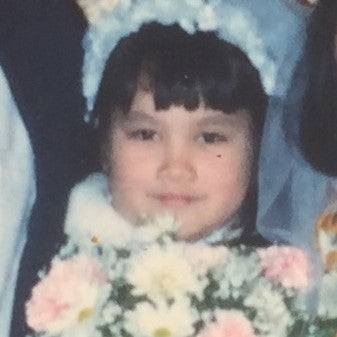
WHAT IS YOUR IMMIGRATION STORY?
Zeena Koda is the Co-Founder of Asian American Collective.
My family's journey to the U.S. was kind of disjointed. My mother is from Manila, from Metro Manila, and decided to come here at 27 years old. My mom, like all good Filipinos, made her way through Canada, because it's easier to get into Canada, and especially in the 70s. And she was the first one actually in my family to come to the U.S. And then brought my uncle, who was also in the Philippines, and my other uncle who came over as a nurse. So my mom spent a few years in Canada and then really wanted to move to New York City because she was a city gal and really wanted to kind of like make her way into the US. So she actually came down to New York, interviewed for the United Nations, which made a lot of sense as a Filipino because she had this multi-language ability and got the job after a lot of trial and tribulation. Apparently it's really hard to get hired at the United Nations. So my mom kind of started making her tracks in the 70s in New York City, met my dad in the paper personals, which is always incredible because that doesn't happen today, we call it Tinder, we call it Hinge.
And my dad actually has a very kind of boring but weird story. I mean, he was Polish and Lithuanian, didn't know a lot about his background and his family's background because he was a foster child. So he only really got to meet his real parents pretty late in life. And they didn't really have a lot of information on his background. And it's always been interesting to me because my last name is Koda, which is actually a Japanese last name. If you use mochiko flower, you know. So I don't really have a lot of information and it's weird that his last name was Koda and he's not Japanese. So always gonna remain a mystery. My biggest estimation is that at Ellis Island, they cut off the end of his name to try to hide that he was an immigrant. But one day, someday I'll figure it out.
Up until my 30s, I was very much New York and New Jersey. I'm never leaving New York City. It's the best place to build a career. I was born in New York in Westchester in a town city called White Plains. Moved to New Jersey when I was about nine and spent pretty much my entire childhood and working life in New Jersey, either living in North Jersey or Jersey City. When you grow up outside of New York City, you spend a lot of your life kind of exploring all the troublesome things that the city has to offer to a young child like you know smoking cigarettes at young ages, getting pierced on St. Mark's. You know my upbringing was pretty pretty unique where we were pretty free from a young age and I was working from a very young age.
WHAT DOES YOUR CURRENT JOURNEY LOOK LIKE?
You know, growing up in the East Coast, now living on the West Coast in Los Angeles, I'm kind of like in my retirement life in my 40s, because why not? You know, but spent a lot of time focused on the arts, focused on really building a career in the arts, which was really fun and interesting and kind of unique, right? Like the traditional Asian way is like you find a job as a doctor or, well, traditional Filipino way, let me just caveat. You know, a doctor, a nurse, and I wasn't going to go that route because I was really obsessed with the arts. So I was very lucky to have an immigrant mom champion that because she also wanted to be a radio star and a musician when she was younger and took a safer route but you know very unconventional I would say it was really interesting to grow up on the East Coast because it made you really resilient hard gritty and now living on the West Coast I value that because it's such a different lifestyle than I grew up in.
REFLECTIONS


